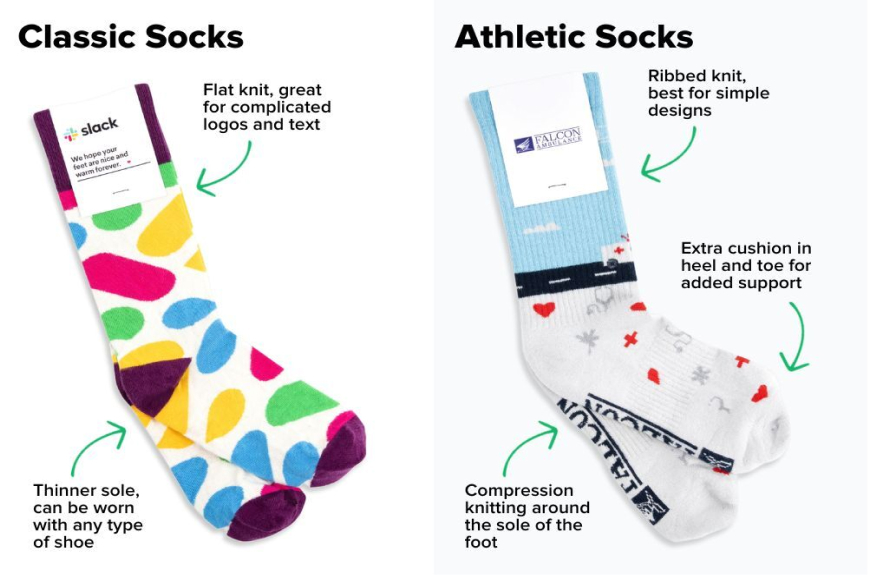When it comes to outdoor adventures, the right socks can make all the difference. Two brands that have been making waves in the hiking community are Hollow and Darn Tough, both known for their high-quality alpaca wool socks. In this blog post, we'll dive into the showdown between these two heavyweight contenders to help you decide which pair might be best for your next trek.
Comfort and Fit
Hollow socks are praised for their incredibly soft feel, thanks to the natural properties of alpaca wool. They offer a cozy, almost cloud-like sensation that many hikers find irresistible. On the other hand, Darn Tough socks are renowned for their snug, performance-oriented fit that prevents slipping and blisters. Both brands excel in comfort, but the choice may come down to personal preference between plush softness and a more precise fit.
Durability
Darn Tough has built its reputation on producing socks that can withstand rigorous use. Their lifetime guarantee speaks volumes about their confidence in their product's durability. Hollow, while relatively new to the scene, has impressed many with the resilience of their alpaca wool socks. Some hikers report that Hollow socks maintain their shape and softness even after multiple washes, rivaling the longevity of their more established competitor.
Temperature Regulation
Alpaca wool is naturally thermoregulating, making both brands excellent choices for various weather conditions. Hollow socks seem to have a slight edge in breathability, which can be crucial for preventing sweaty feet on long hikes. Darn Tough, however, offers a wider range of thicknesses, allowing hikers to choose the perfect weight for their specific needs.
Odor Resistance
One of the standout features of alpaca wool is its natural odor-resistant properties. Both Hollow and Darn Tough socks excel in this area, keeping feet fresh even after extended wear. This quality is particularly appreciated by thru-hikers and backpackers who may not have frequent access to laundry facilities.
Moisture Wicking
Effective moisture management is crucial for preventing blisters and maintaining foot health during long hikes. Both brands perform admirably in this aspect, quickly wicking away sweat to keep feet dry. Some hikers report that Hollow socks have a slight advantage in moisture-wicking capabilities, which can be beneficial for those prone to foot issues like Achilles tendonitis.
Environmental Impact
For eco-conscious hikers, the environmental impact of their gear is an important consideration. Alpaca wool is generally considered more sustainable than traditional sheep's wool, making both Hollow and Darn Tough socks appealing choices. Hollow emphasizes their use of natural, undyed fibers, which may give them an edge for those prioritizing minimal processing.
Price Point
Darn Tough socks are known for their premium pricing, justified by their lifetime guarantee and proven track record. Hollow socks, while still in the premium category, are often priced slightly lower. For budget-conscious hikers, this price difference could be a deciding factor, especially when stocking up on athletic socks for frequent outdoor activities.
Customer Feedback
While Darn Tough has a vast collection of positive reviews spanning many years, Hollow is quickly gaining a dedicated following. Many hikers rave about the comfort and performance of Hollow's alpaca socks, with some even claiming they've switched allegiance from long-time favorite brands.
Variety and Specialization
Darn Tough offers a wide range of styles and thicknesses to cater to various activities and preferences. Hollow, with its focus on alpaca wool, provides fewer options but specializes in maximizing the benefits of this particular material. This specialization allows them to fine-tune their offerings for optimal performance in outdoor activities.
Wrapping Up
Both Hollow and Darn Tough offer exceptional alpaca wool socks that cater to the needs of outdoor enthusiasts. While Darn Tough brings years of experience and a proven track record to the table, Hollow is making significant strides with its focused approach to alpaca wool technology. Ultimately, the choice between these two brands may come down to personal preferences in fit, feel, and specific features. Whichever you choose, both options are likely to provide the comfort and performance needed for your outdoor adventures. Consider trying both to see which best suits your feet and hiking style.


